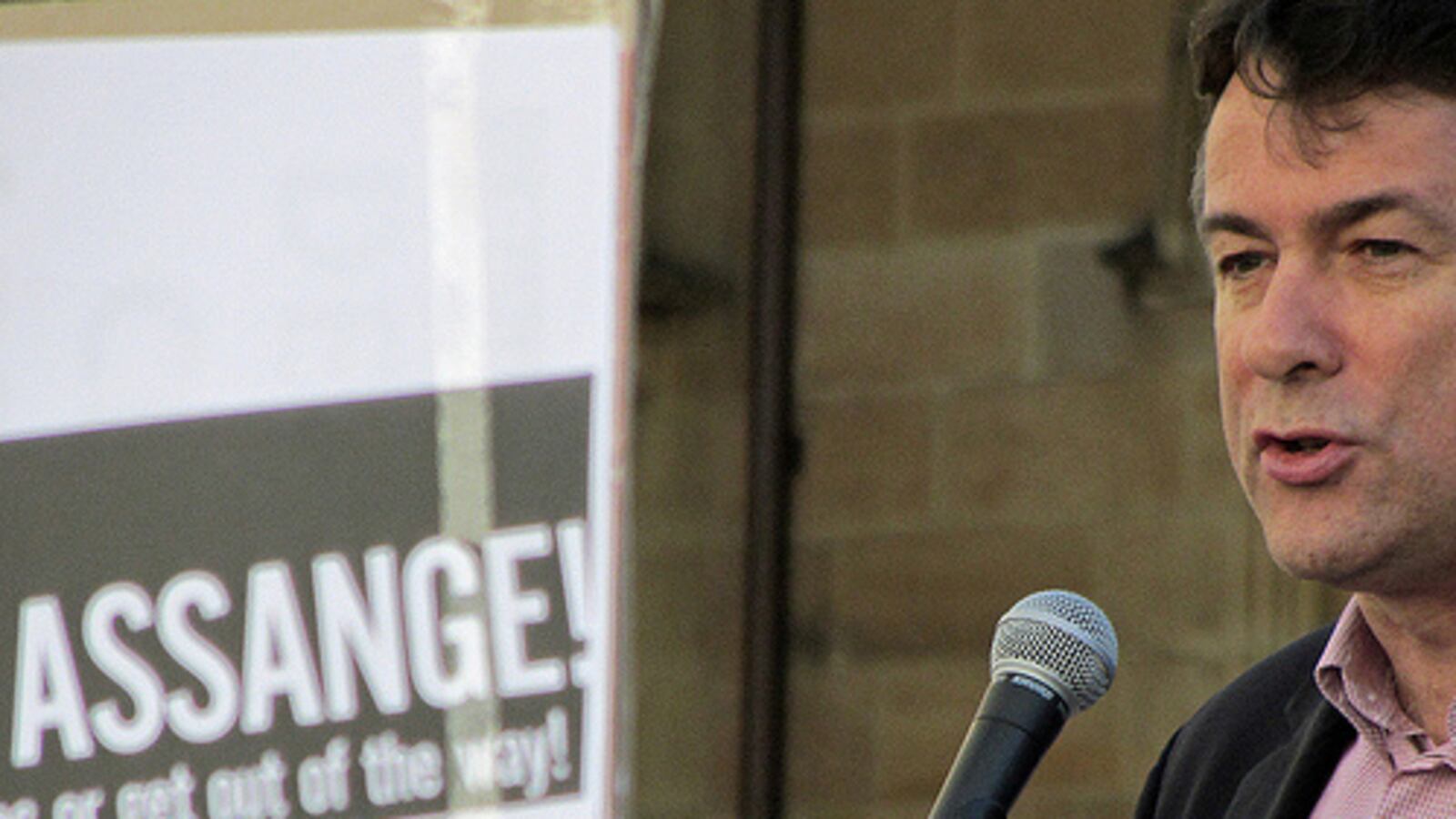It seems safe to say that Hebrew University professor Dan Avnon thinks of himself as one of the good guys—and rightly so. He’s spent a considerable part of his career promoting coexistence between Jewish and Arab Israelis. In 2001, he even created a high school program that enables religious and secular Jews to study together with Arabs—no small feat in Israel, where the three populations generally study apart.
So it came as a rude awakening when Sydney University’s Center for Peace and Conflict Studies refused his request to work together. The Center’s Associate Professor Jake Lynch wrote in an email: “I and the Center have nothing against you personally, and your research sounds interesting and worthwhile. But we support the boycott campaign against Israel, and that includes the call for an academic boycott of Israeli universities.”

For someone with a track record as sympathetic as Avnon’s to be boycotted seems galling. But because it’s a fact that boycotts always harm innocent people—consider the South Africa boycott, which put black South Africans out of work—it may be tempting to just chalk this all up to a regrettable inevitability. Boycotting, one might argue, means some sympathetic people will get caught in the crossfire—that’s an unfortunate but necessary corollary.And yet Avnon’s case is so profoundly ironic that it actually casts doubt on that argument. It points up the major pitfall of academic boycotts, a pitfall so serious as to make them counterproductive.
Here’s why: When Lynch took care to reassure Avnon that boycotting him was nothing personal, he clearly meant it to be comforting. But for Avnon, it was just the opposite. The fact that academic boycotts get applied with a broad brush—the fact that they are not fine-grained enough to take into account an individual’s specific personhood—just is what bothers him. As he wrote in his response to Lynch:
I find it ironic that you promote a policy of boycott that does not distinguish one individual from another. It is ironic because, like myself, many (probably most) intellectuals and scholars in relevant fields are doing our best to effect change in Israeli political culture. We pay prices for going against the institutional grain. And then we turn around and meet such a ‘blind to the person’ policy.
And that’s putting the case mildly. When an educator is boycotted by an institution whose mission statement—“interdisciplinary research and teaching on the causes of conflict and the conditions that affect conflict resolution and peace”—reads like a summary of his own life work, what we’ve got on our hands is not just irony, but a deeply counterproductive situation. Because highly-regarded, peace-seeking, coexistence-promoting Israelis with unimpeachably liberal credentials are not the problem here—they’re a key part of the solution.
After all, who is better positioned than Avnon to change Israeli society from within? To do the painstaking, indispensable work of convincing fellow citizens and policymakers that, for example, encouraging Israeli Jews and Arabs to learn with and from each other might actually be worthwhile? And who, if not Avnon or someone like him, does Lynch imagine will successfully do that work?
That Avnon got painted with the broad brush of academic boycotts shows just how counterproductive such boycotts can be. Of course, Lynch and his supporters would probably argue that, on the whole, the benefits outweigh the costs. But Avnon’s case should, at the very least, make that camp think twice. Because academic boycotts lack the granularity to differentiate between sympathetic and unsympathetic individuals, they often end up locking out precisely those people who would be their greatest allies.
UPDATE: An earlier version of this post incorrectly stated that Avnon was rebuffed simply on the grounds that he is Israeli. In fact, he was rebuffed in accordance with the guidelines of the Palestinian Campaign for the Academic and Cultural Boycott of Israel. These guidelines advocate refraining from participation in “collaboration or joint projects with Israeli institutions,” which Avnon’s proposal represented. We regret the error.





